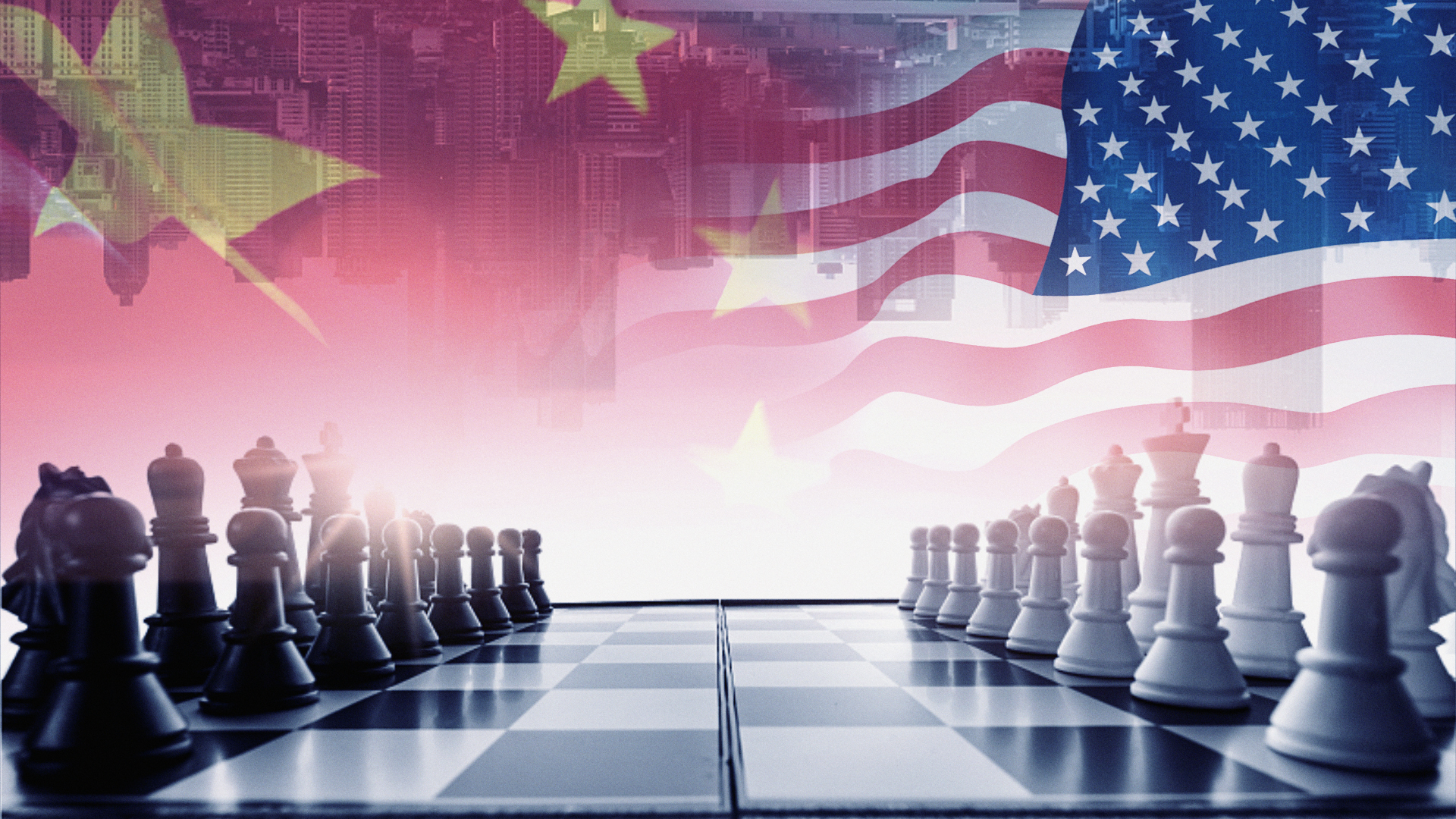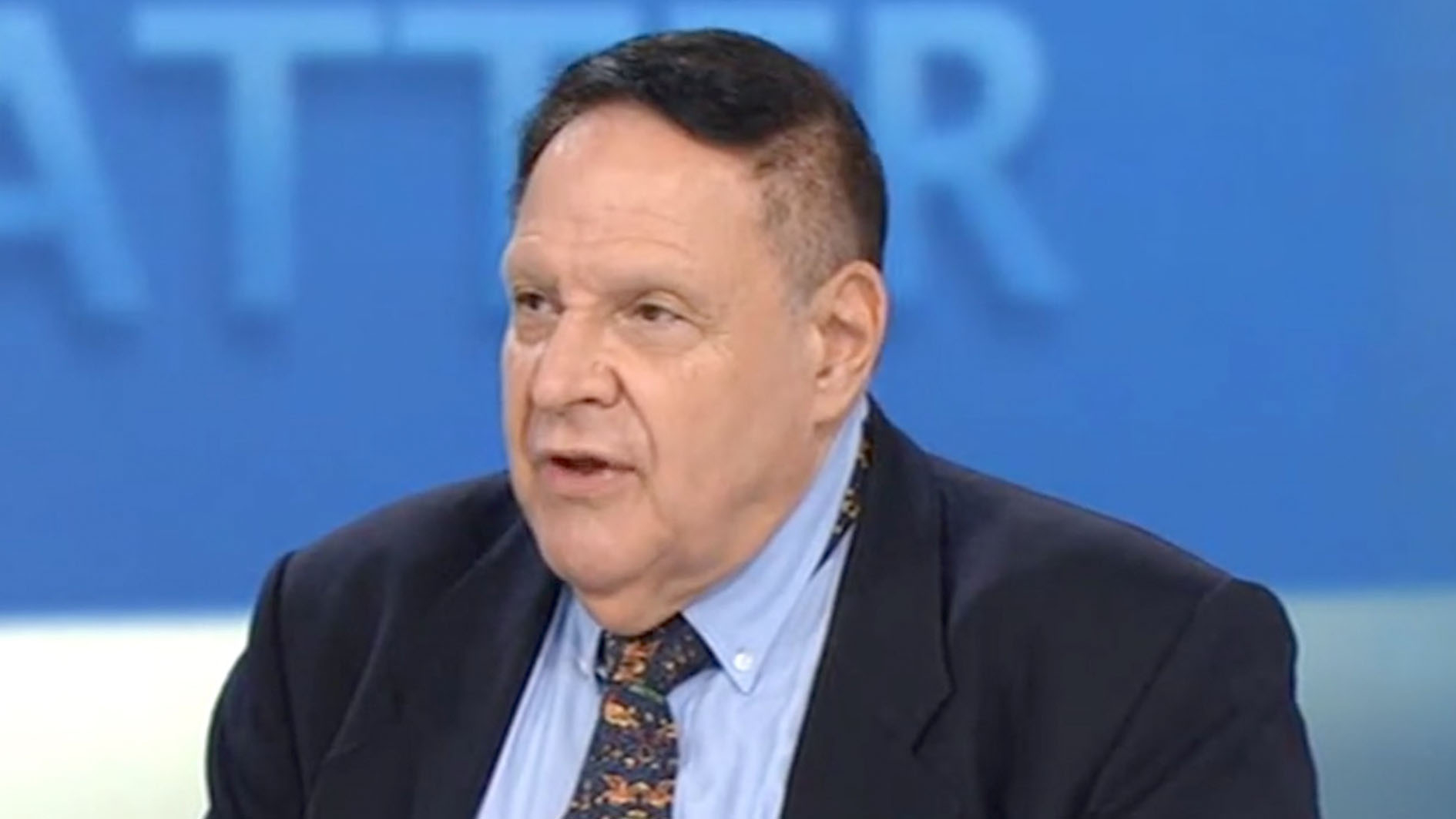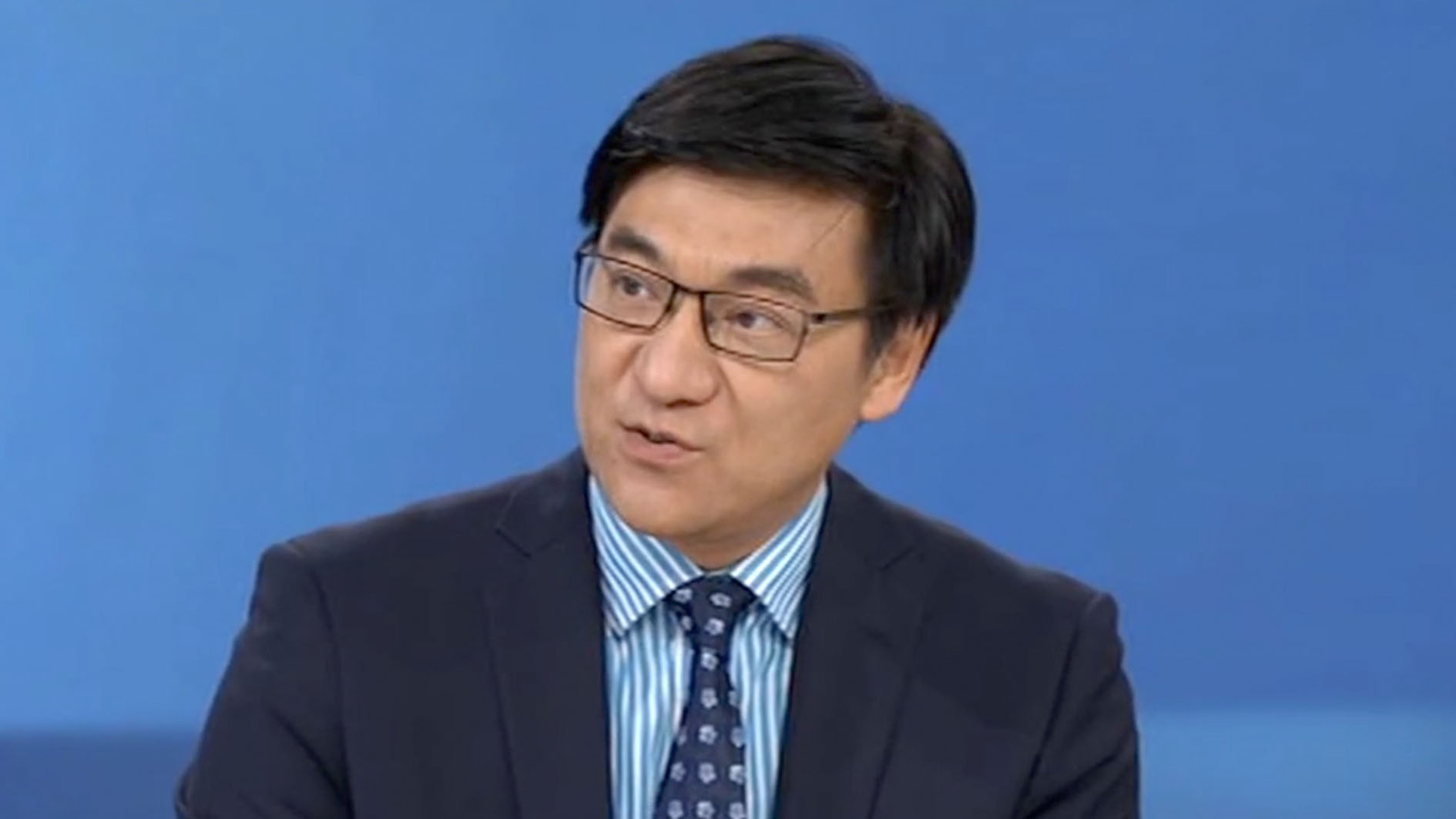
TV Show
20:46, 05-Jun-2019
Expert: American households are paying for Trump's tariff on China
Dialogue with Yang Rui
01:37

On June 2, China's State Council Information Office issued a white paper in light of China's position on economic and trade consultations with the U.S. Given the current state of China-U.S. trade tensions, Beijing is still willing to cooperate with Washington to find solutions, in a bid to reach a win-win agreement, but with a precondition of respecting China's sovereignty and dignity.
According to the white paper, it is claimed that China does not intend to bring on a trade war, but is not afraid of one when it is necessary.
In a recent public statement, the Trump administration accused China of playing a "blame game" in response to China's white paper.
Professor John Gong from University of International Business and Economics stated that China's white paper has articulated the benefits of reaching a deal from the two sides as well as clarifying the bottom line of China.
Regarding the accusation from the western media that China has backpedaled, he pointed out that China's white paper as an official document has clarified that confusion.
"China's commitment of imports from the U.S. has to be reasonable and realistic," said Gong. "It (the agreement) can't infringe upon the sovereign rights of China."
Harvey Dzodin, a senior fellow at Center for China and Globalization, believed that the Trump administration would not make any concession in regard to tariffs elimination on Chinese products. "I think he wants to keep them (tariffs) on as a way to push China to the deal and keep to the deal," he added.
02:24

In addition, he mentioned that the latest report from the Federal Reserve indicated that the U.S. tariffs on China would cost each American family 2,400 U.S. dollars annually. He concerned that those people who voted for Trump were actually the people who would largely be affected by the U.S. tariffs on China.
"The people who voted for Trump are mostly the people at the margins…the people who were upset with the American system," stated Dzodin. "They're the one that's going to affect."
Professor John Gong referred to another theory about Trump's purpose of imposing tariffs on China that Trump's administration was using the tariffs to offset the loss of Trump's tax reduction.
"His tax reform is not generating the kind of benefits that he's claiming. In other words, with the tax reduction, the tax dollars are not coming in. He actually views the tariffs as a viable revenue," Gong argued.
00:58

Speaking of China's unreliable entities list introduced by China's Ministry of Commerce on last Saturday, John Gong stated that it is clearly a way for the Chinese government in response to the latest actions made by the U.S. government.
He mentioned that Huawei has been targeted unfairly by the U.S. side. "Huawei is a company (that) doesn't want to be part of this negotiation," Gong said. "But it's because Donald Trump uses this card."
Although the prospect of China-U.S. relations remains unclear, Professor Gong is still very optimistic about the relationship between China and the U.S. in the near future. With all the indications, he believed that the possibility of reaching an agreement is still quite positive.
(If you want to contribute and have specific expertise, please contact us at opinions@cgtn.com.)

SITEMAP
Copyright © 2018 CGTN. Beijing ICP prepared NO.16065310-3
Copyright © 2018 CGTN. Beijing ICP prepared NO.16065310-3